Just like your physical property needs protection, your digital property needs to be given the same amount of consideration. You wouldn’t leave the front door to your business open and unlocked after closing time, would you? So why would you not treat cybersecurity with the same level of urgency you treat your physical security?
Studies show that cyberattacks occur every 39 seconds, yet businesses sometimes don’t know what is available to help protect confidential information. These five cybersecurity tools will help bring your small business up to speed and help you to protect your digital assets just as securely as your physical ones.
1. Strong Email Security
First and foremost, your small business needs strong email security. This starts with a strong password changed regularly, preferably every few months at least, if possible. That doesn’t just mean adding an exclamation point to the end of the last password, either.
Strong passwords consisting of random numbers and letters and symbols are a great way to protect your small business’s email. Businesses can utilize random password generators to help come up with secure passwords. If you fear you may forget these complex passwords, store them in an ultra-secure password manager for safekeeping.
2. A Multi-Authentication System
Multi-authentication systems help to take your security beyond just a simple password. These systems, like Duo or LastPass, bring in two or more barriers to get through instead of just one, elevating the security of one password to the ultra-security of a password and a second factor. This can be a code sent over text or phone or a personal security question that only the user could know the answer to.
Even if a hacker or cybercriminal can crack the password, a multi-authentication system makes it practically impossible for them to get through both barriers. Combined with strong email security, businesses will be much more secure.
3. Regular Cybersecurity Training for Employees
It’s not enough to just implement new cybersecurity measures without the proper cybersecurity training for employees. This regular training not only helps to inform your employees what the point of all these cybersecurity measures are for but also gives you the opportunity to brief them on the latest threats facing your business and what’s being done about them.
Additionally, cybersecurity training can help employees understand how to avoid some of the most common threats, such as suspicious email attachments or various other phishing attempts.
speak with one of our IT specialists today4. Data Protection
From employee records to customer data to transaction histories, your company’s data needs to be protected just as strongly and securely as if it were in a filing cabinet instead of on the computer. If this data were to get into the wrong hands, then hackers and cybercriminals could unleash fraud and phishing scams on your customers. Finding the right data protection software, including cloud solutions and firewalls, can make a huge difference.
That’s why data protection matters so much: your customers trust you with their data, and so you need to do your part to protect it for them.
5. A Reliable MSP
If cybersecurity makes your mind reel, it’s worth looking into a reliable managed service provider (or MSP). By putting your IT and cybersecurity in the hands of a qualified MSP, companies essentially allow them to remotely handle your small business’s network and its safety. This makes it possible for you to ensure your cybersecurity services will be taken care of by people who specialize in this sort of thing.
TrinWare is one such example. Like a Swiss army knife of cybersecurity tools, TrinWare is a full-service managed IT provider equipped with all kinds of essential tools to help protect your small business’s cybersecurity.
Don’t be risky with your business. Set up a consultation today to find the unique IT solutions for your business.




